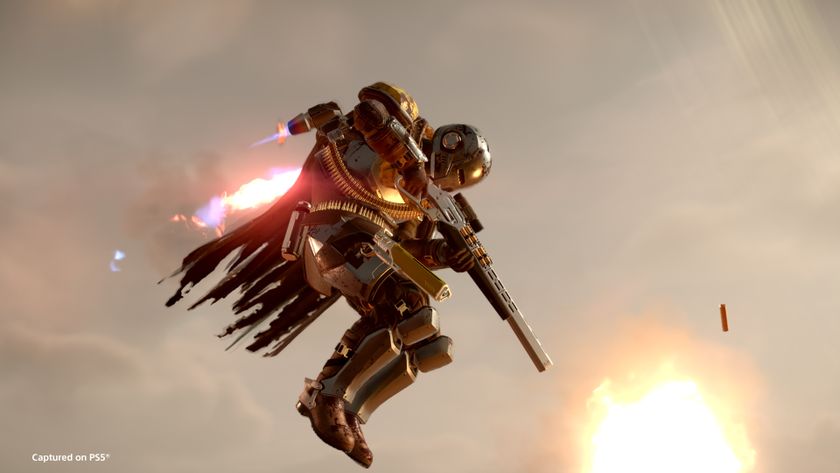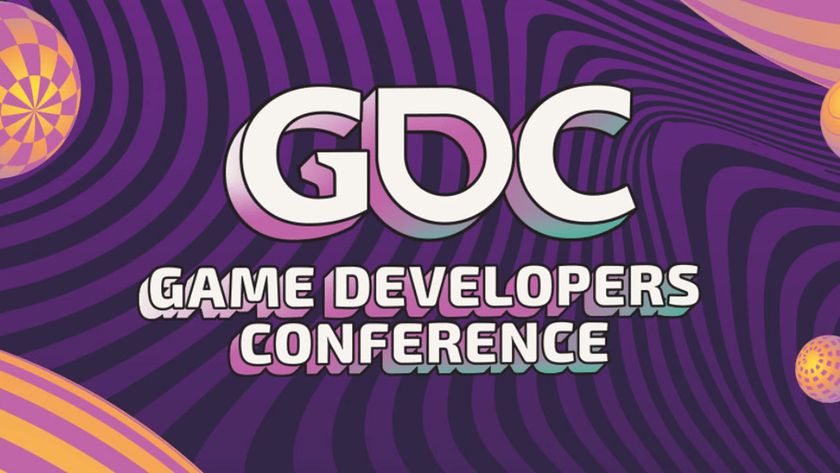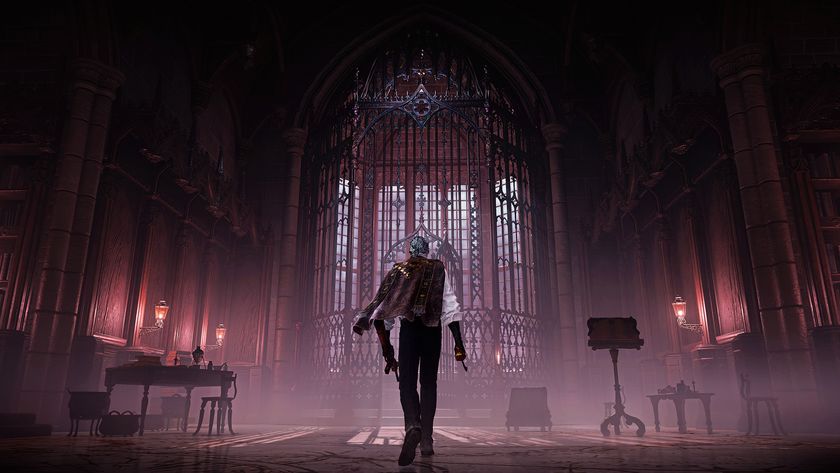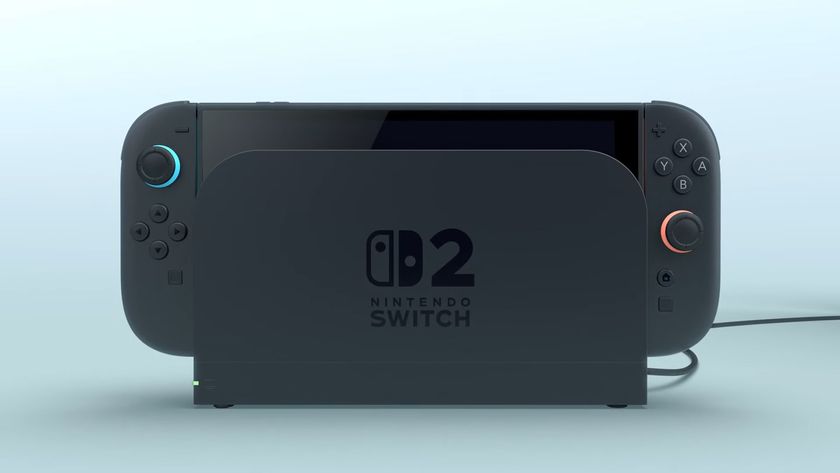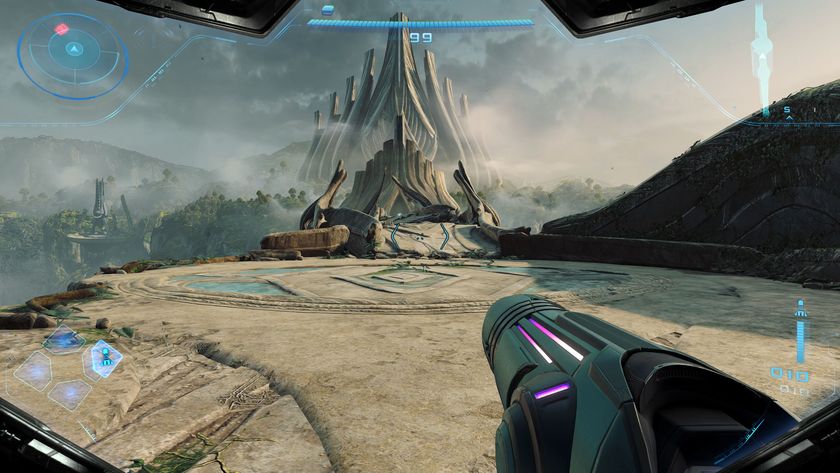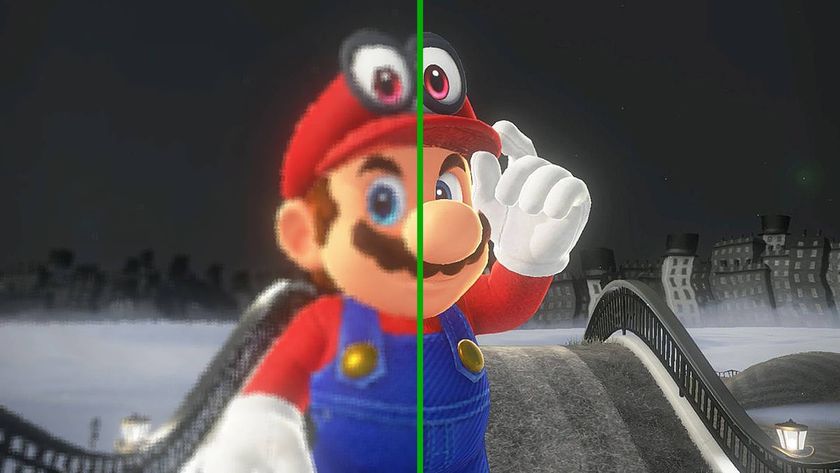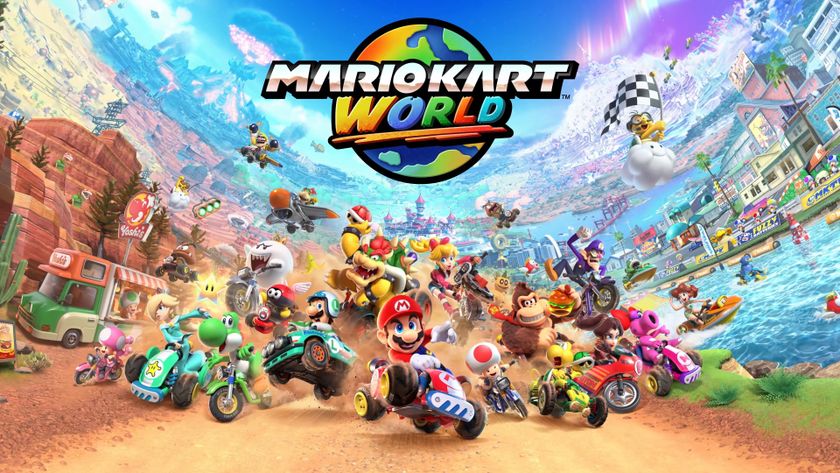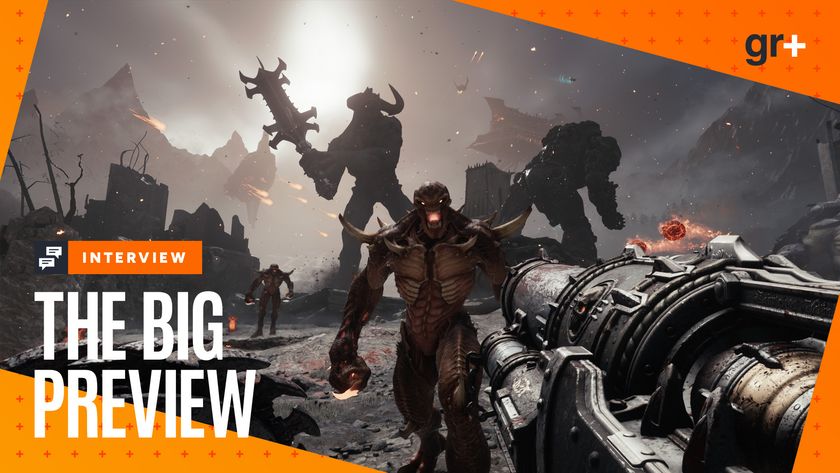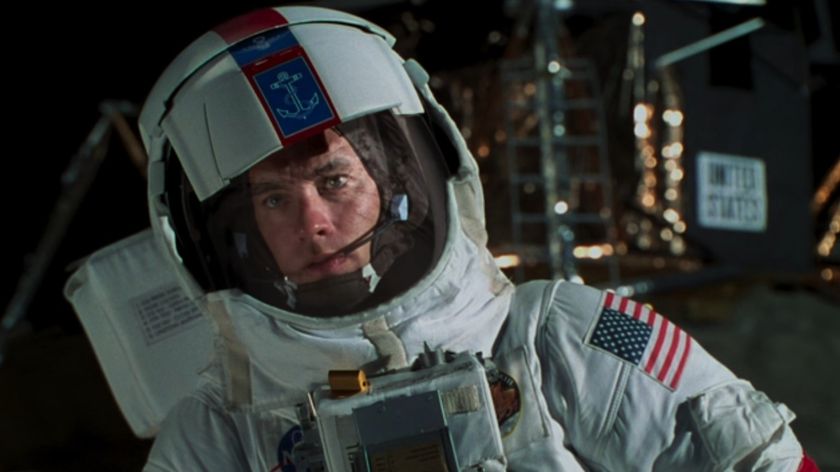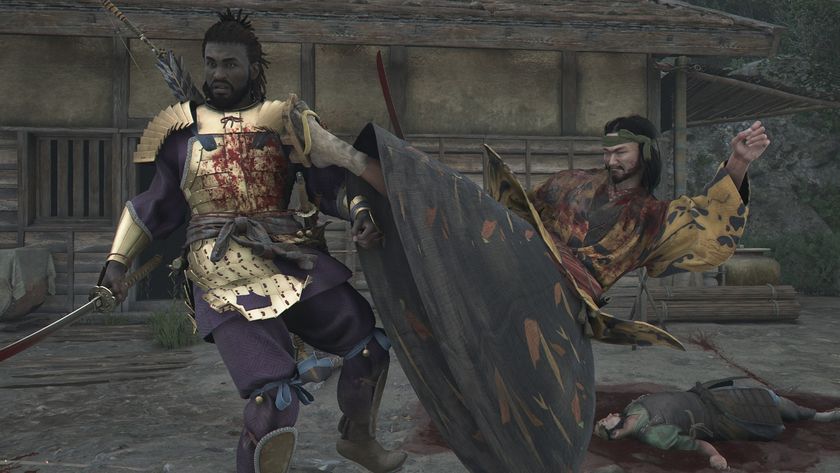The lost PC games you'll never play
Witness the last gasp of potentially great canceled games
Some games kick the bucket, others shuffle off their mortal coil and run down the curtain, while even more join the bleedin’ choir invisible. It’s like they’re cursed never to see the light of day. Hives of industrious development-types might busy themselves with painting pictures of exciting new worlds, only for a businessman (in his suit and tie) to turn up one day with a stack of P45s, a megaphone and an unrehearsed speech about a general lack of money.
In a world where your average big-name game costs can hit $40 million in production, manufacturing and marketing costs it’s hardly surprising that occasionally the money to finance making them can dry up.
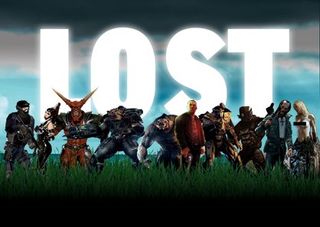
Other demised games are, more simply, FUBARs of epic proportions. Development nightmares in which the bosses are clueless, the engine unwieldy and year after year of laboured coding slowly becomes a road to nowhere. Still more games just didn’t hit the right fun quota and were consigned to the development dustbin, others again were lost in seemingly dull publisher deals and takeovers.
Meanwhile others were aborted because of questionable choices by their developer causing the public to get a bit cranky (to put it mildly). Last year, Rendition: Guantanamo was killed off afterknee-jerk whinersclaimed T-Enterprise, its developer, was supporting Osama Bin Laden’s lot, while Atomic’s Six Days in Fallujah – a planned shooter, set during one of the most controversial military actions of the second Gulf War – caused the developer to fade into nonexistence after Konami backed out of publishing it.
In our life-times, these games are gone – or in perpetual hiatus. Age shall not weary them, nor the years condemn. In some parallel universe where it all went right though – some lucky alternate version of you got to play them all. He’s playing the Planescape Trilogy, Carmageddon 8, Populous 9 and Duke Nukem Forever in between grinding his way through the Command & Conquer MMO Continuum – the utter alterno-universe bastard.
We recently covered otherlost games(mostly console-focused). There will be some overlap, but here is the rundown on the biggest PC games that we’ve all missed out on, from the mouths of the creators – the ones who miss them the most...
Dungeon Keeper 3
In development: Nov 1999 – March 2000
Developer: Bullfrog
Publisher: EA
Sign up to the 12DOVE Newsletter
Weekly digests, tales from the communities you love, and more
Back in the second half of 1999, after EA purchased Bullfrog and Peter Molyneux left for Lionhead, everyone’s favourite gaming mega-corporation began to play around with two names beloved by PC gamers: Populous and Dungeon Keeper. Work on a game to follow Populous: The Beginning – Genesis: Hand of God – was rolling, but the shutters were pulled down when marketing types got the jitters about similarities to Black & White, which was also published by EA.
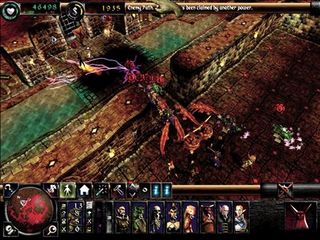
Above: There are no screens for DK3, so look at these and imagine them different, with castles
“The upshot was that Genesis got cancelled,” explains Ernest W. Adams, Genesis’ lead developer. “They looked around for something else to do with me, and decided on Dungeon Keeper 3.” Adams, alongside a producer and another designer, was tasked with dreaming up new adventures for Horny. However, because DK2 hadn’t sold the required bucketfulls, things would’ve changed in DK3.
For a start, Dungeon Keeper 3 was proposed as a straightforward top-side RTS: the portals, chickens and individual and characterful monsters would have remained, yet would have been a part of a three-faction battle for supremacy. Meanwhile, rather than build dungeons downwards, you’d be building castles upwards. For the new faction a group of wild, untamed and vegetation-focussed chaps called The Elders would join the fray, alongside the goodly ordered Heroes and noxious taint of the nasty Dungeon Dwellers.
“I realise that the move in the direction of a more conventional RTS would’ve been controversial. The die-hard Dungeon Keeper purists were bound to hate it,” said Adams. “But the truth is that there weren’t enough die-hard Dungeon Keeper purists. There weren’t enough people who bought Dungeon Keeper at all. But marketing had seen the huge success of RTS games like StarCraft, and they wanted us to move in that direction. Hence the new marching orders.
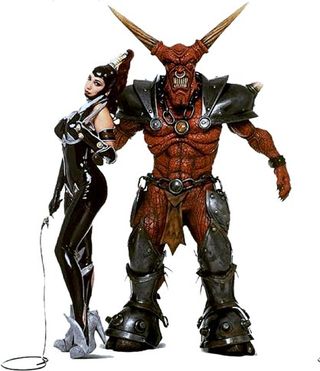
“We definitely wouldn’t have turned DK3 into a clone of StarCraft,” he continues. “We wanted to keep the semi-autonomous creatures for example, and we definitely wanted a castle that you could construct in parts and move around in, not just buildings that pop into existence.
“The major impetus for the move outdoors also came from the need for better multiplayer play. The fact is that while the single-player side of Dungeon Keeper was brilliant, its multiplayer was distinctly poor. You spent a long time without ever having enemy contact, building up your dungeon and armies.
“When you finally did encounter them, the game was so symmetric (you always fought other Keepers, not heroes) that it became a long, grinding war of attrition. There was very little room for strategy, tactical feints, and so on.”
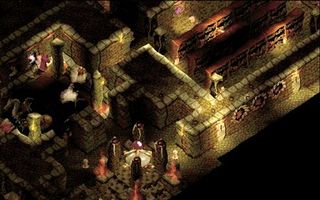
The late ’90s were the glory days of the RTS, so it was hardly surprising that had Dungeon Keeper come around for a third self-flagellatory Mistress-slap it would have been in a different form. It probably would have irked us at the time, but better that than be trapped in this horrid world where Dungeon Keeper no longer exists.
The end
EA, concerned about a potential pre-PS2 dip in the games market, cut back on its riskier titles – of which DK3 was one. On top of this, the fact that Lord of the Rings and Harry Potter games were in the offing meant that the fantasy money train was in motion and Horny wouldn’t get a look-in.
Bullfrog went on to have their name stuck on Theme Aquarium and Theme Park Inc, before being dissolved in 2004. A crime which has still gone unpunished.
Status: Horny’s passed on
